The monsoon session of Parliament came to an abrupt end on September 23 after the growing number of COVID-19 cases. The session began on September 14 and, after 7 days of operation, it was suspended sine die. Union Parliamentary Affairs Minister Prahlad Joshi said Lok Sabha’s productivity was around 167% and Rajya Sabha’s was around 100.47% during the 2020 monsoon session.
- During this session, 22 bills (16 in Lok Sabha and 06 in Rajya Sabha) were presented to parliament. The Lok Sabha and Rajya Sabha individually passed 25 bills each and 27 bills were passed by both houses of Parliament.
- The approval rate for invoices per day was. 2.7 bills, which is the best rate to date. Below you will find the main points to know about the 25 bills passed by Parliament during this session.
AGRICULTURAL SECTOR
- The Farmers (Empowerment and Protection) Agreement on Price Assurance and Farm Services Bill, 2020: The bill creates a framework for contract farming through an agreement between a farmer and a buyer before the production or selection of any agricultural product. An agricultural agreement can be linked to insurance or credit schemes by the central or state government or any other financial service provider to ensure “risk mitigation” and “credit flow” to farmers. The minimum period of an agreement will be one harvest year or one animal production cycle. It is the buyer’s responsibility to supply the farm equipment to the farmer.
- The Farmers’ Produce Trade and Commerce (Promotion and Facilitation) Bill, 2020: It aims to create additional business opportunities outside of the Farm Products Market Committee yards to help farmers obtain profitable prices through increased competition. The proposed law will allow intra and interstate trade in agricultural products beyond the physical facilities of APMC markets, thereby giving farmers and traders the freedom to sell or buy agricultural products anywhere. State governments cannot impose market fees, taxes, or levies on farmers or traders “outside of trade zones.” It also establishes a dispute settlement mechanism for farmers.
- The Essential Commodities (Amendment) Bill, 2020: It allows the central government to control the production and trade of certain products. Its aim is to allay the fears of private investors of excessive regulatory interference and to encourage investment in the sector. The law removes grains, pulses, oilseeds, edible oils, onions and potatoes from the list of essentials and only allows their regulation under extraordinary circumstances of extraordinary price increases, war and natural disasters.
COVID-19 RELATED LEGISLATIONS
- The Epidemic Diseases (Amendment) Bill, 2020: Provides preventative measures against violence against “healthcare workers” and property damage during the COVID-19 pandemic. It provides for prison terms of three months to five years and a fine of Rs 50,000 to Rs two lakh. It also extends the powers of the central government to prevent the spread of these diseases.
- The Salaries and Allowances of Ministers (Amendment) Bill, 2020: Reduces the luxury allowance payable to each minister by 30% for a period of one year from April 1, 2020 to meet COVID-19 requirements.
- The Salary, Allowances and Pension of Members of Parliament (Amendment) Bill, 2020: Reduce MP salaries by 30% for a period of one year from April 1, 2020 to meet requirements derived from COVID-19. Some rules in the 1954 law were also changed to reduce allowances for office expenses and constituencies. These changes have been made for a period of one year from April 1, 2020.
EASE OF DOING BUSINESS MEASURES
- The Insolvency and Bankruptcy Code (Second Amendment) Bill, 2020: Temporarily suspends the initiation of the corporate insolvency resolution process in accordance with articles 7, 9 and 10 of the Bankruptcy and Bankruptcy Code for a specified period of six months or another period of up to one year. The central government can extend this period to one year by notification.
- The Bilateral Netting of Qualified Financial Contracts Bill, 2020: Bilateral compensation refers to the compensation or compensation of all claims that result from transactions between two parties, in order to determine a net amount payable or receivable from one party to another. The bill allows two counterparties in a bilateral financial contract to offset claims against each other to determine a single net payment obligation. It grants powers to the financial regulators Reserve Bank of India (RBI), Securities and Exchange Board of India (SEBI), Insurance Regulatory and Development Authority of India (IRDAI), etc. as competent authorities to notify a qualified financial contract.
- The Companies (Amendment) Bill, 2020: Eliminate the penalty and imprisonment for certain crimes and reduce the amount of the fine to pay for certain crimes, among others. The bill makes three changes. First, it eliminates the penalty for certain crimes.
- The Taxation and Other Laws (Relaxation and Amendment of Certain Provisions) Bill, 2020: Provides relief to taxpayers for challenges due to the COVID-19 pandemic, such as extending the deadline for filing returns and linking PAN and Aadhaar. It also offers tax benefits on donations to the Prime Minister’s Citizen Assistance and Emergency Aid Fund (PM CARES FUND).
LABOUR SECTOR REFORMS
- The Occupational Safety, Health And Working Conditions Code, 2020: The code brings together 13 laws related to the health, safety and working conditions of workers. The government authorized a single license for hiring companies to hire contract workers at different locations, replacing the old multiple license system. The threshold for subcontractor employees has been raised from 20 to 50. The code defines a migrant worker as a person who has come from their own state to seek employment in another state and earns up to Rs 18,000 per month.
- The Industrial Relations Code, 2020: The government has made it easier for employers to lay off employees by raising the threshold for the number of employees needed in an organization from 100 to 300 for layoffs and closings without government approval. Employment (Regulations) Act, 1946, and Labor Disputes Act, 1947.
- The Code On Social Security, 2020: It is intended to provide universal social security to all workers, including unorganized workers and platform workers. The code also proposes the creation of a social security fund to provide social security sums to the three categories of workers. It subsumes and streamlines the nine central labor laws related to social security.
- The Foreign Contribution (Regulation) Amendment Bill, 2020: It streamlines and strengthens the provisions of the Foreign Contributions (Regulation) Act 2010. The bill also proposes to allow the Center to authorize an NGO or an association to deliver its FCRA certificate.
HEALTH SECTOR
- The National Commission for Homoeopathy Bill, 2019: It repeals the law of 1973 on the Central Council of Homeopathy and creates the National Commission of Homeopathy to regulate the teaching and practice of homeopathy.
- The National Commission for Indian System of Medicine Bill, 2019: It repeals the Indian Central Medical Council Act 1970 and establishes a national commission to regulate the teaching and practice of Indian medical systems.
- The Homoeopathy Central Council (Amendment) Bill, 2020: It extends the term of the Board of Governors for a period of one year. aims to amend the Law of 1973 on the Central Council of Homeopathy and replaces the Ordinance (Amendment) of the Central Council of Homeopathy, 2020, promulgated on April 24. The 1973 law was amended in 2018 to provide for the replacement of the Central Council of Homeopathy. The board was required to reconstitute itself within one year from the date of its replacement. This provision was amended in 2019 to require reconstitution of the board in two years.
- The Indian Medicine Central Council (Amendment) Bill, 2020: Provides for the replacement of the Central Medical Council of India by the Board of Governors for a period of one year; seeks a year to reconstitute the central council and sets up a board of directors to exercise its powers in the meantime.
EDUCATION SECTOR
- The Rashtriya Raksha University Bill, 2020: Establishes Rashtriya Raksha University as an institute of national significance, which will be a multidisciplinary university for the creation of new knowledge through research and collaboration. The wings mentioned are the police, the criminal justice system and the corrections administration.
- The Indian Institutes of Information Technology Laws (Amendment) Bill, 2020: Declares five Indian Information Technology Institutes (IIIT) established under the public-private partnership mode in Surat, Bhopal, Bhagalpur, Agartala and Raichur as institutions of national importance.
- The Institute of Teaching and Research in Ayurveda Bill, 2020: It established a state-of-the-art Ayurvedic institution called the Institute for Ayurvedic Education and Research (ITRA) in Jamnagar, Gujarat, with the status of an institution of national importance.
- The National Forensic Sciences University Bill, 2020: Establishes the National University of Forensic Sciences as an institute of national significance.
MISCELLANEOUS
- The Aircraft (Amendment) Bill, 2020: It converts the three existing regulatory bodies under the Ministry of Civil Aviation: the General Directorate of Civil Aviation (DGCA), the Civil Aviation Safety Office (BCAS) and the Civil Aviation Investigation Office. aviation accidents (AAIB) in statutory bodies.
- The Banking Regulation (Amendment) Bill, 2020: It strengthens the regulatory framework for cooperative banks and allows the RBI to prepare a plan for the reconstruction or merger of a banking company without imposing a moratorium. Under the changes, cooperative societies that operate as banks will be governed by the same rules as conventional commercial banks and will be subject to RBI regulation. Until now, cooperative banks have been under the dual control of cooperative societies and the RBI. The RBI can also undertake a plan to merge or rebuild a cooperative bank without defaulting it. Previously, if a bank were to default, it not only limited depositors’ withdrawals, but also disrupted the bank’s lending operations.
- The Jammu and Kashmir Official Languages Bill, 2020: It includes Kashmir, Dogri and Hindi in the list of official languages of the Union Territory of Jammu and Kashmir, in addition to existing Urdu and English.

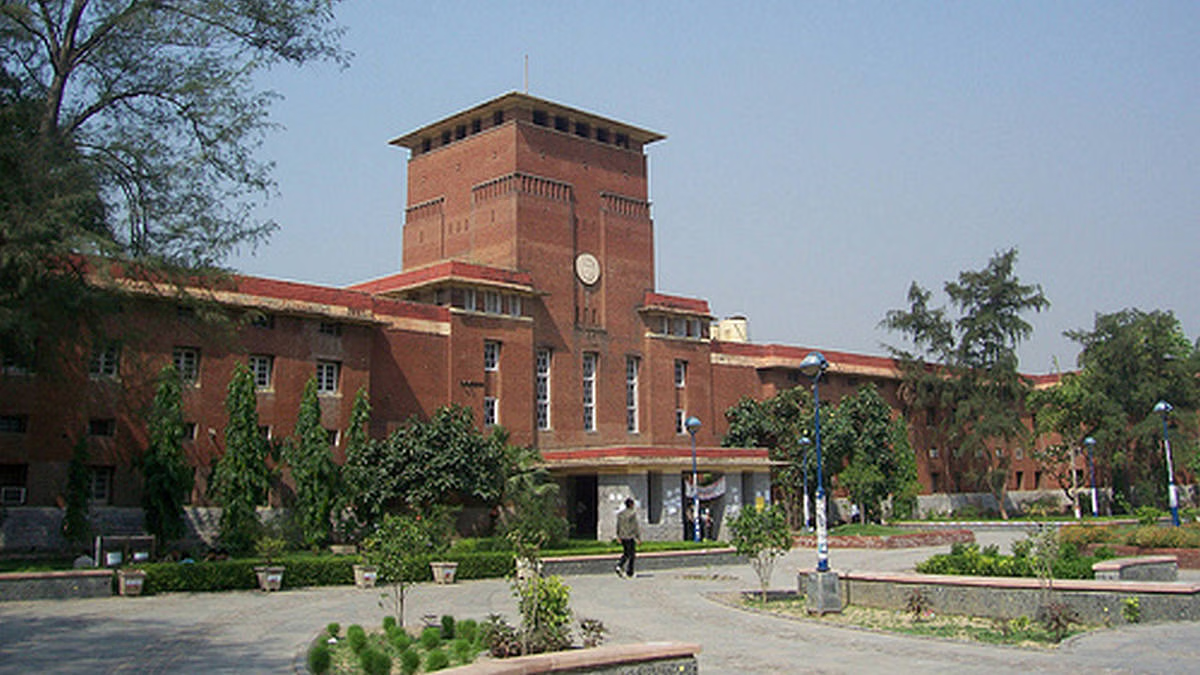
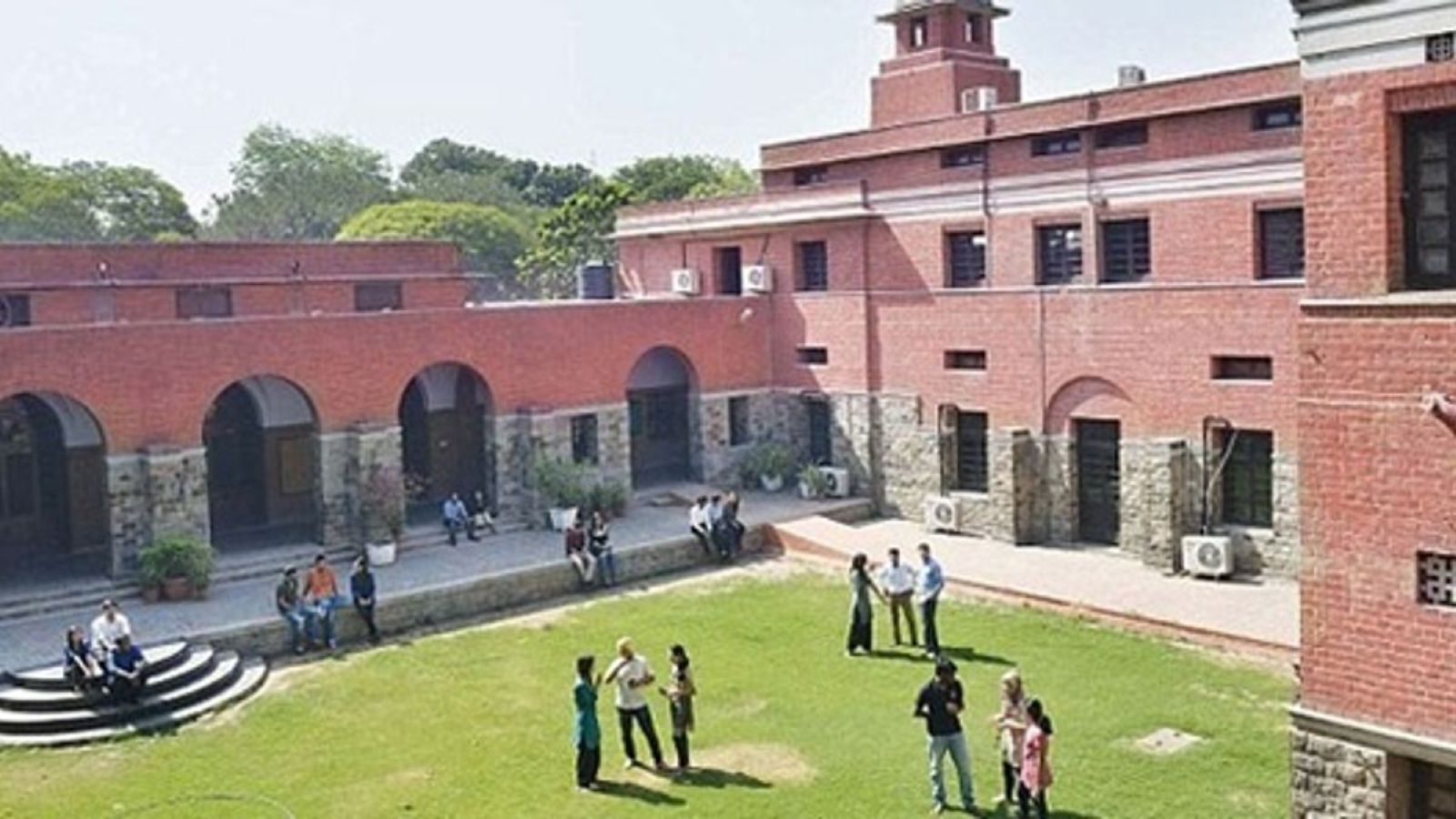

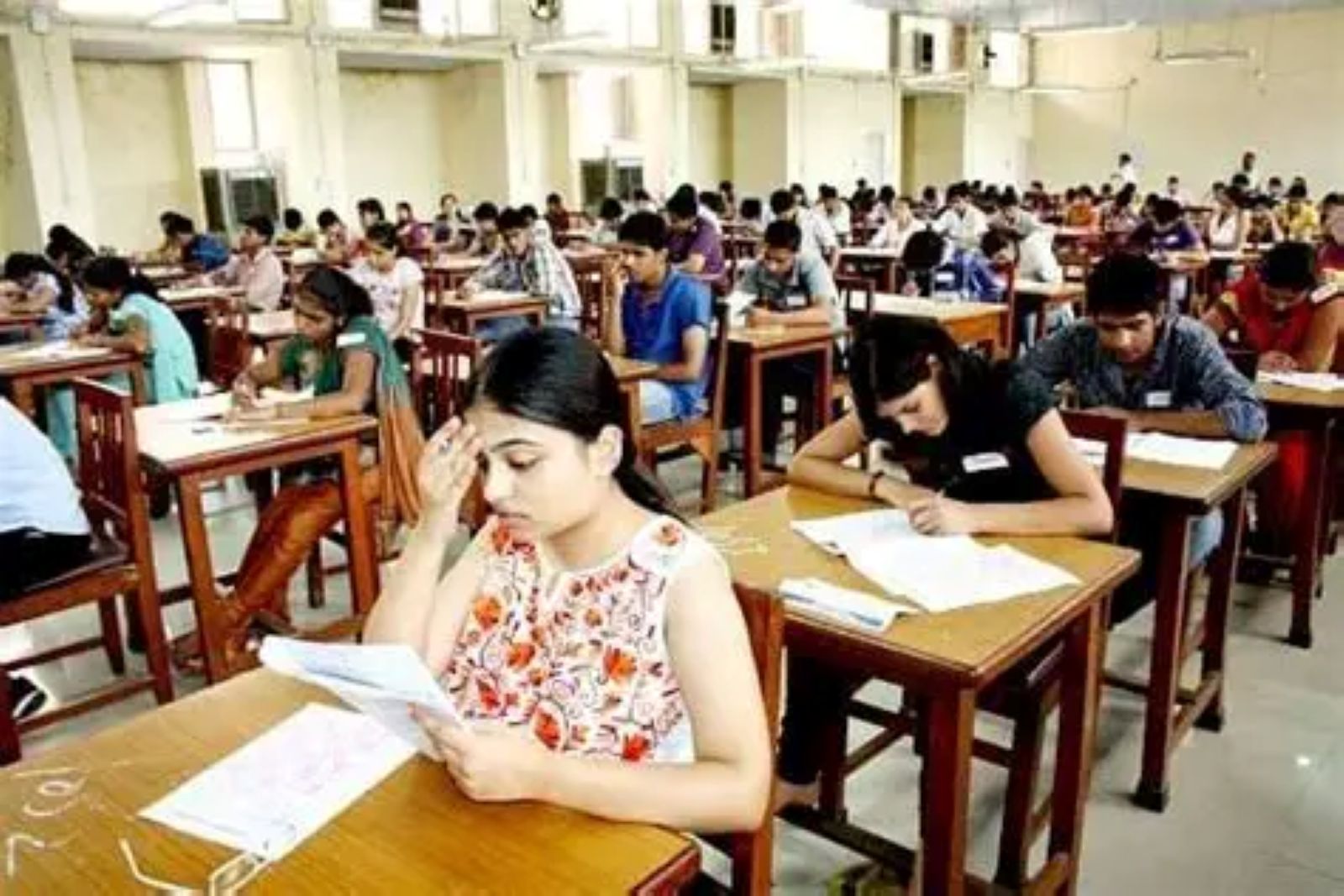

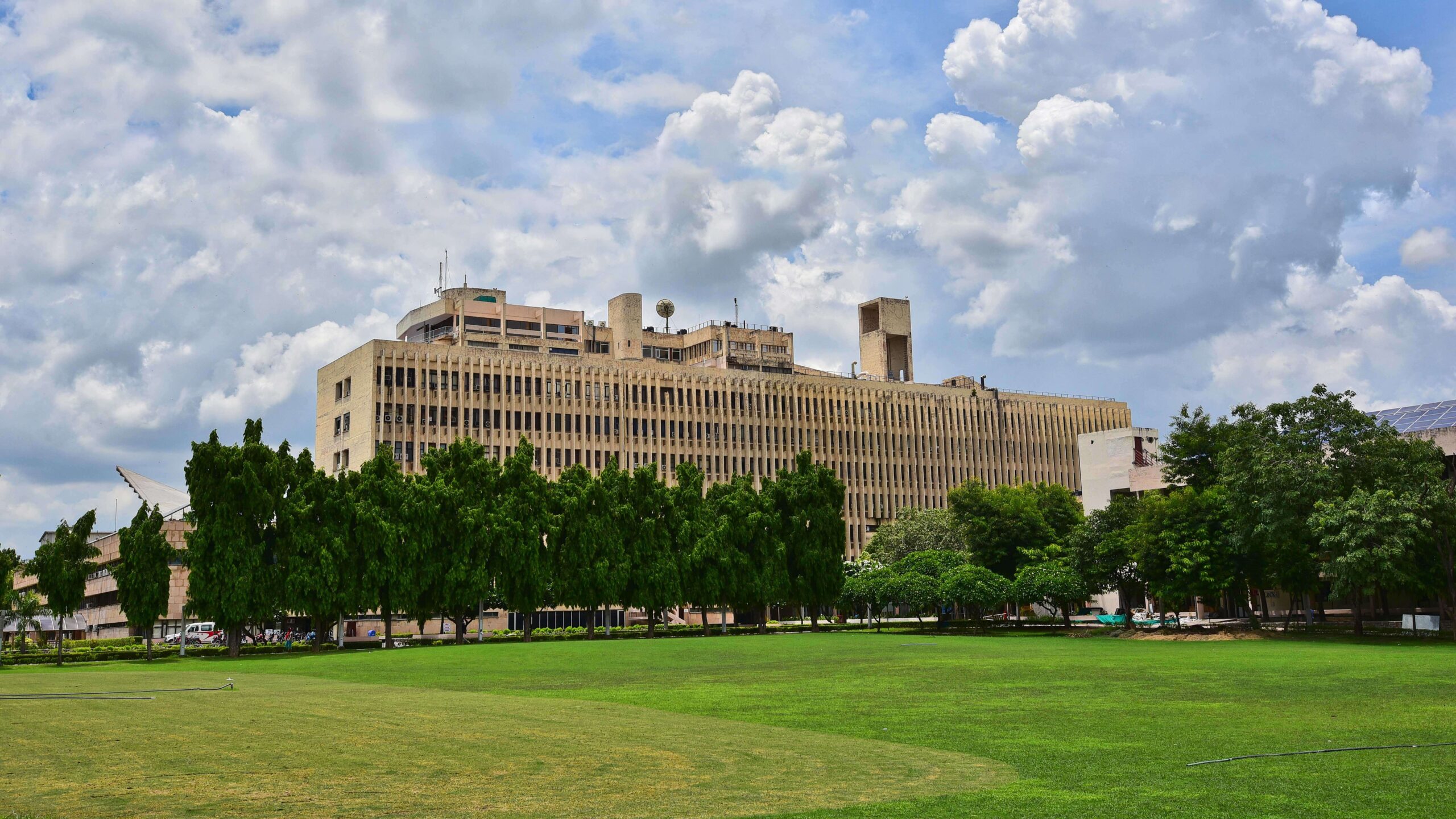
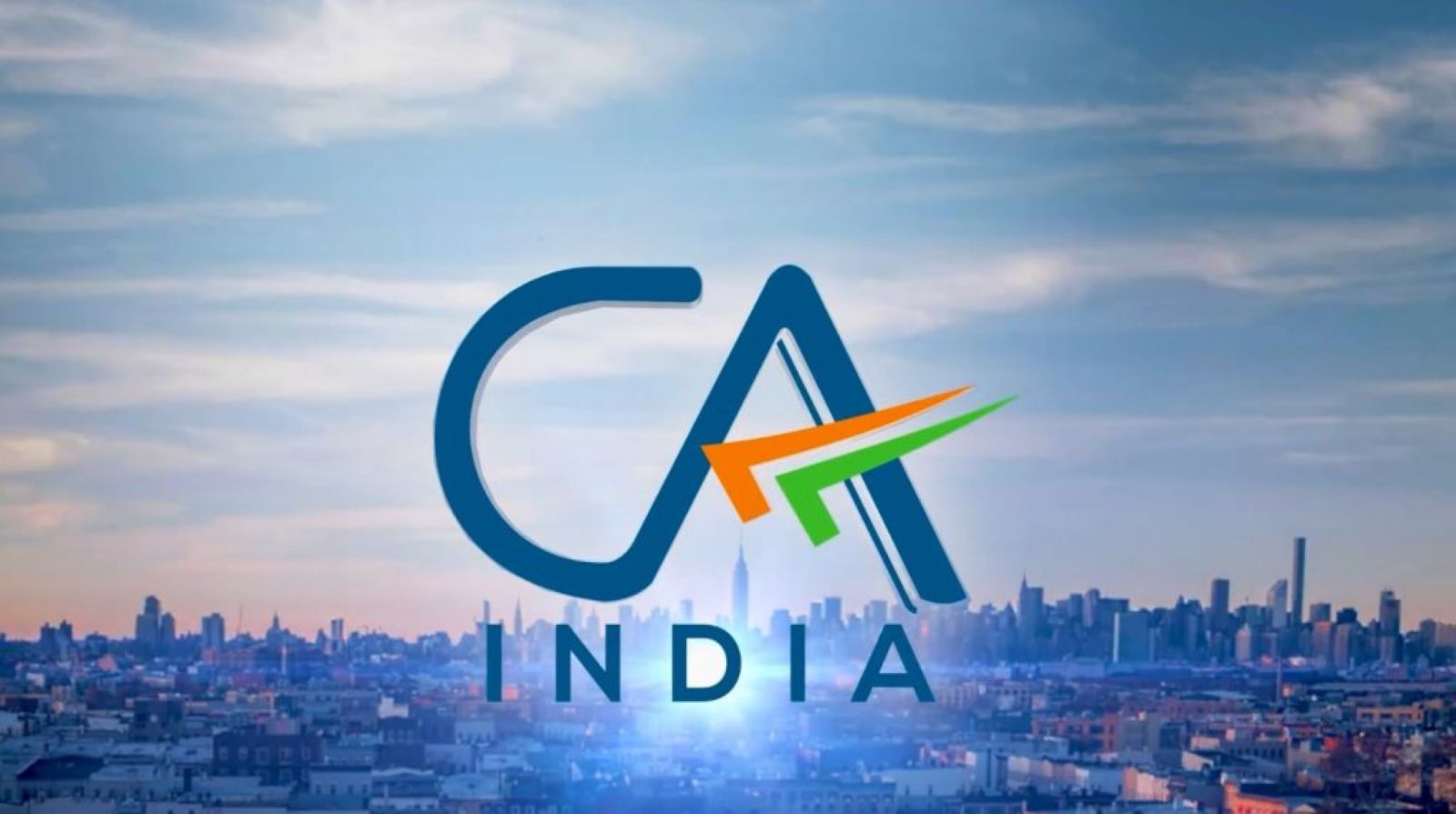
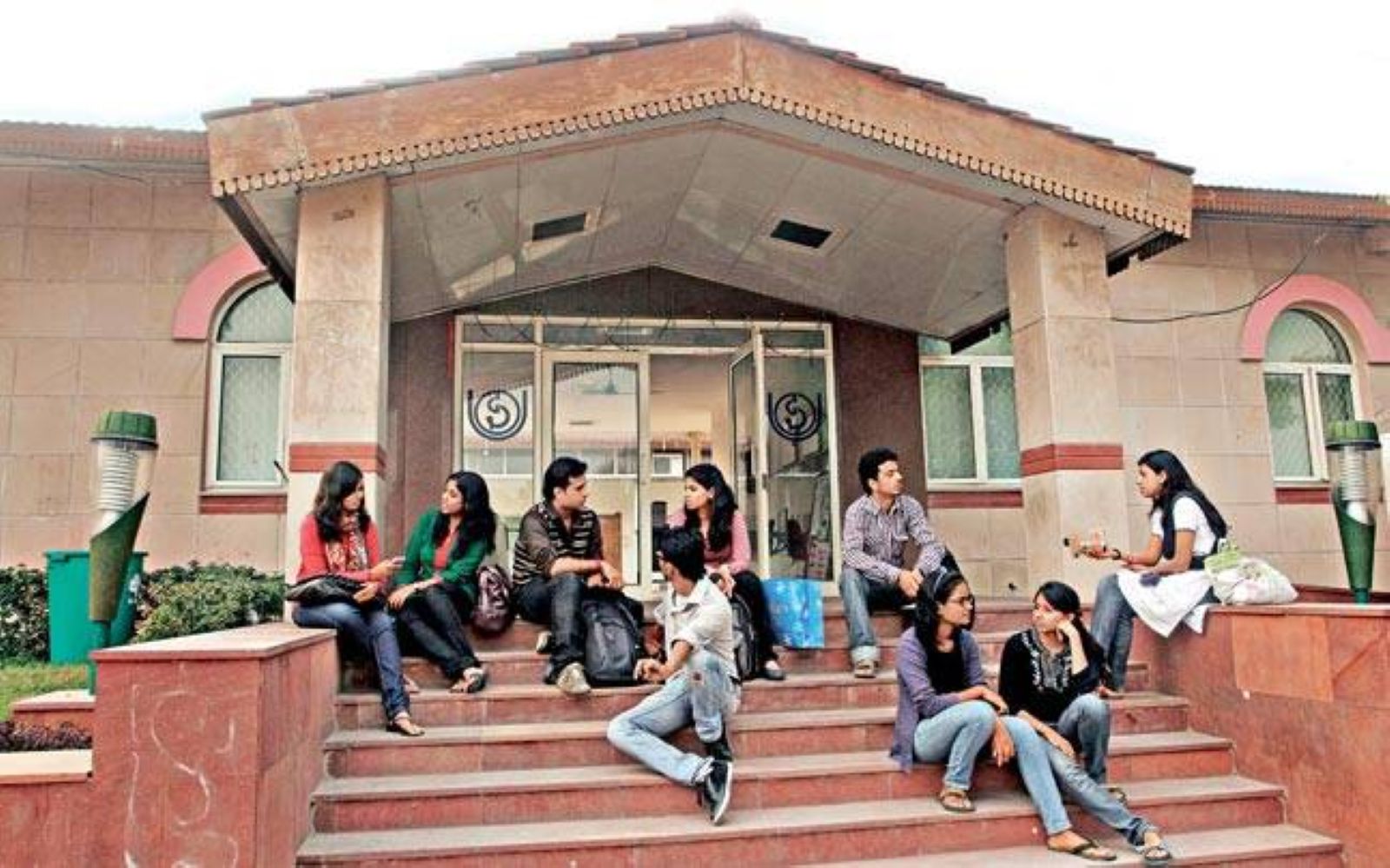
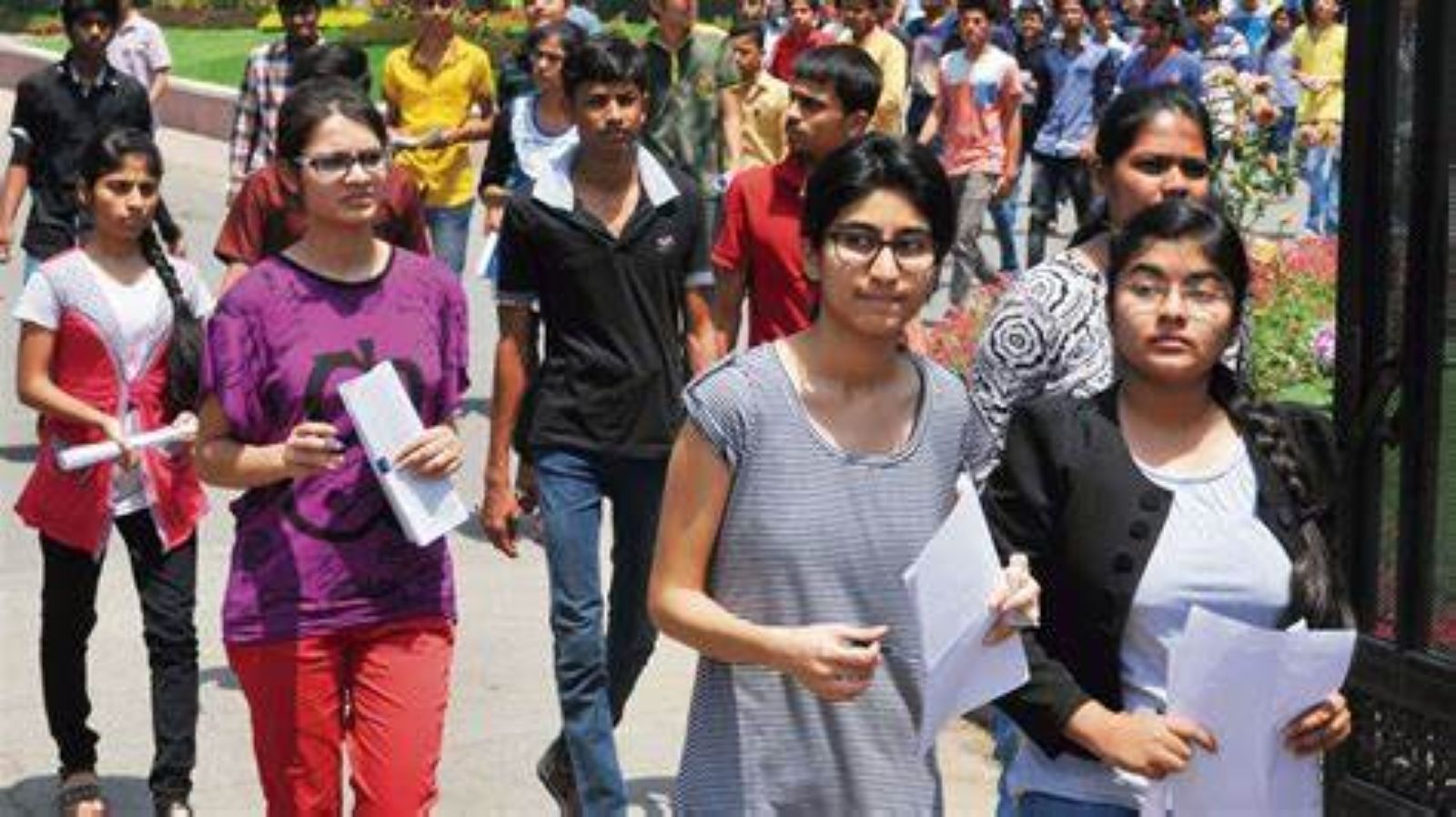

More Stories
Delhi University Releases Admission Schedule for 5-Year BA LLB & BBA LLB Programmes for 2025–26
DU UG Admission 2025 | Key Dates, Process, and New Changes Explained
ICAI CA Foundation Result May 2025 Declared: Complete Details Inside